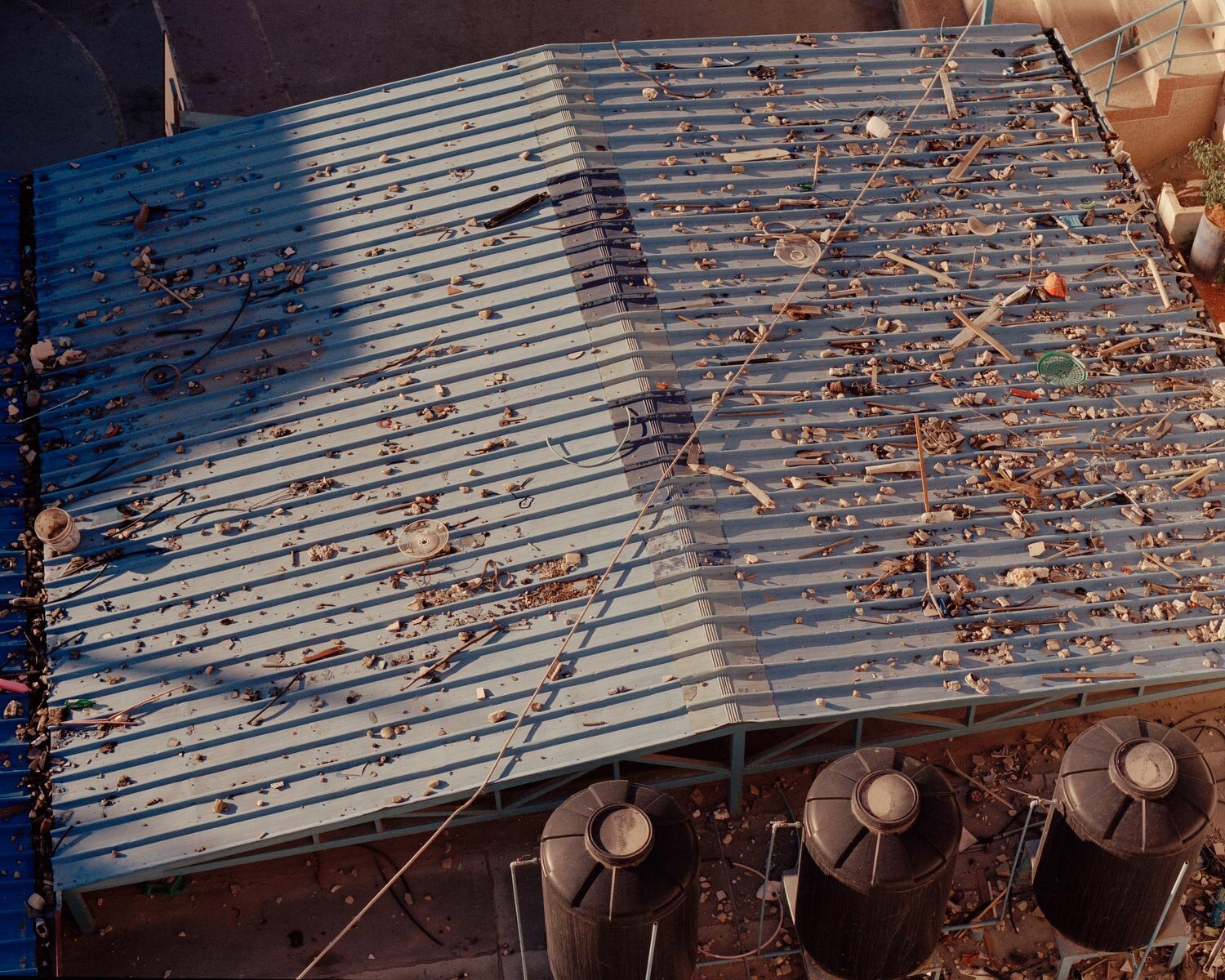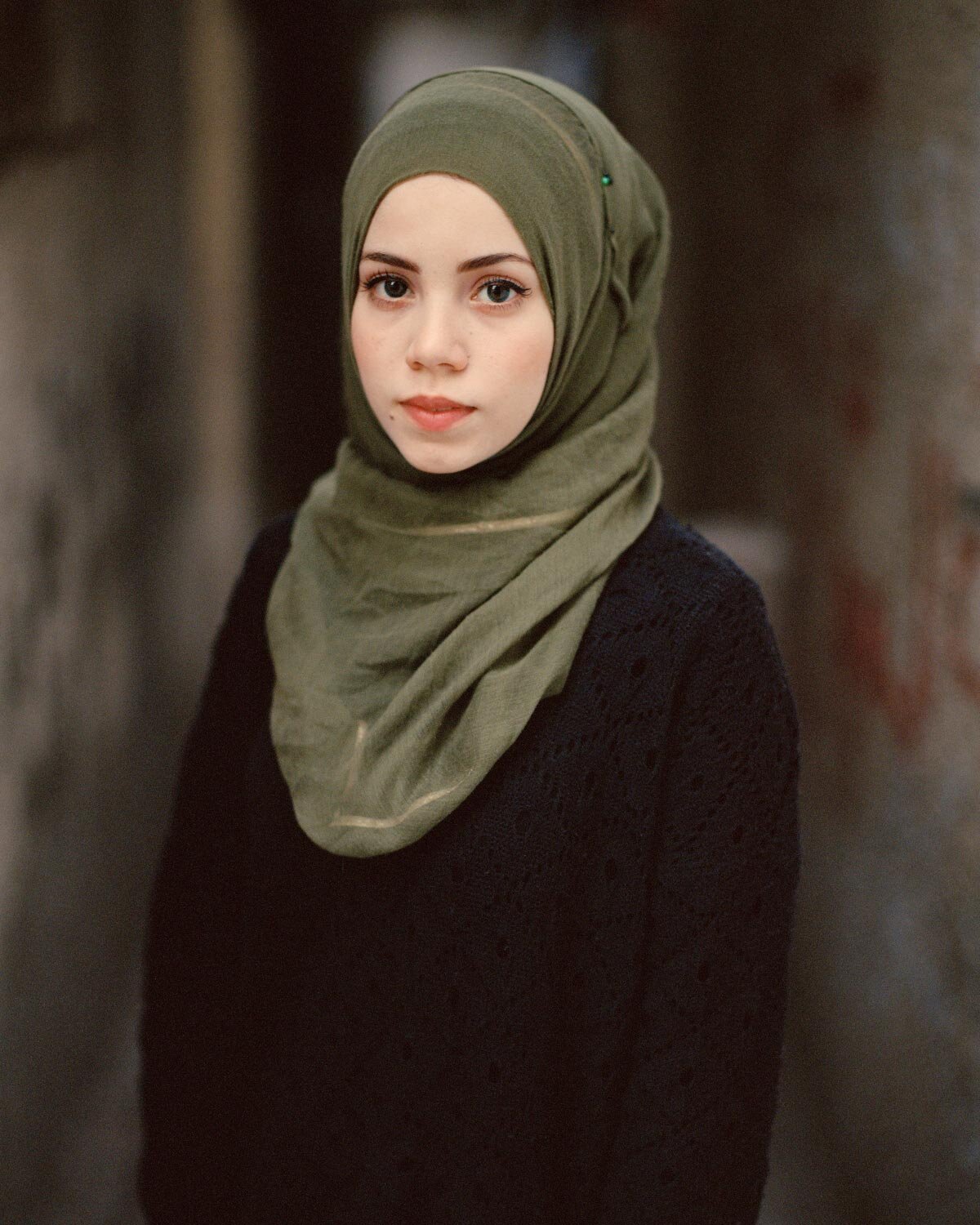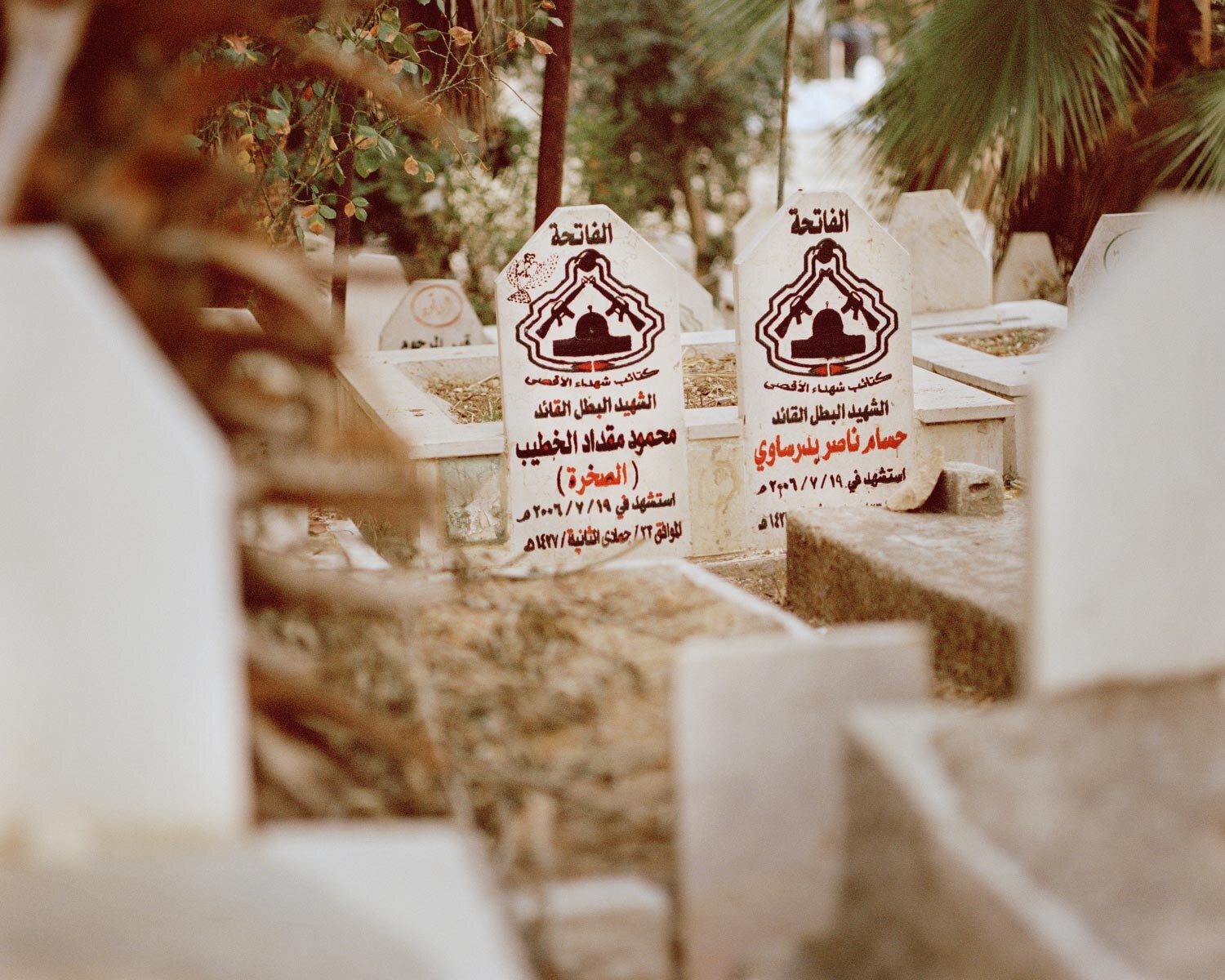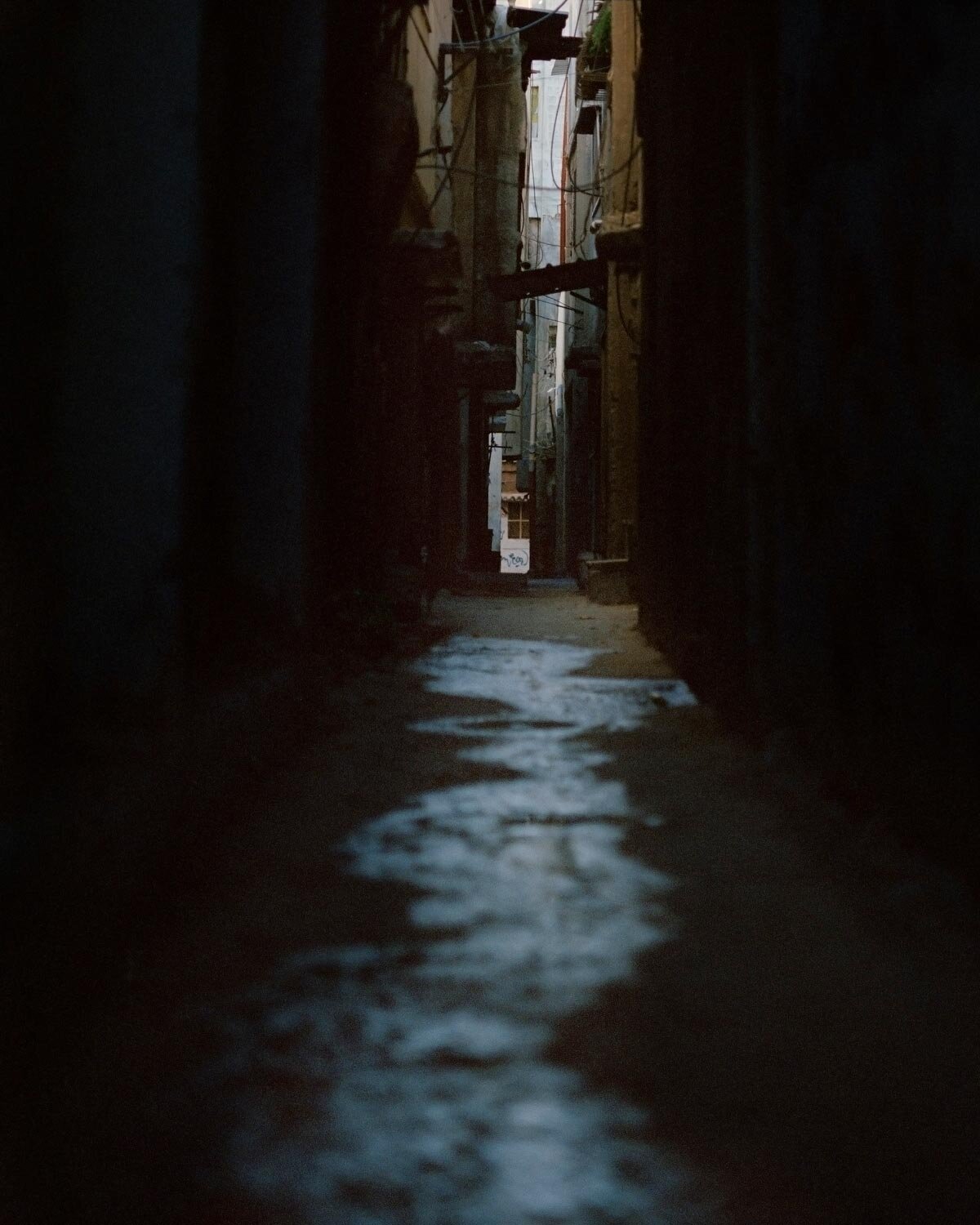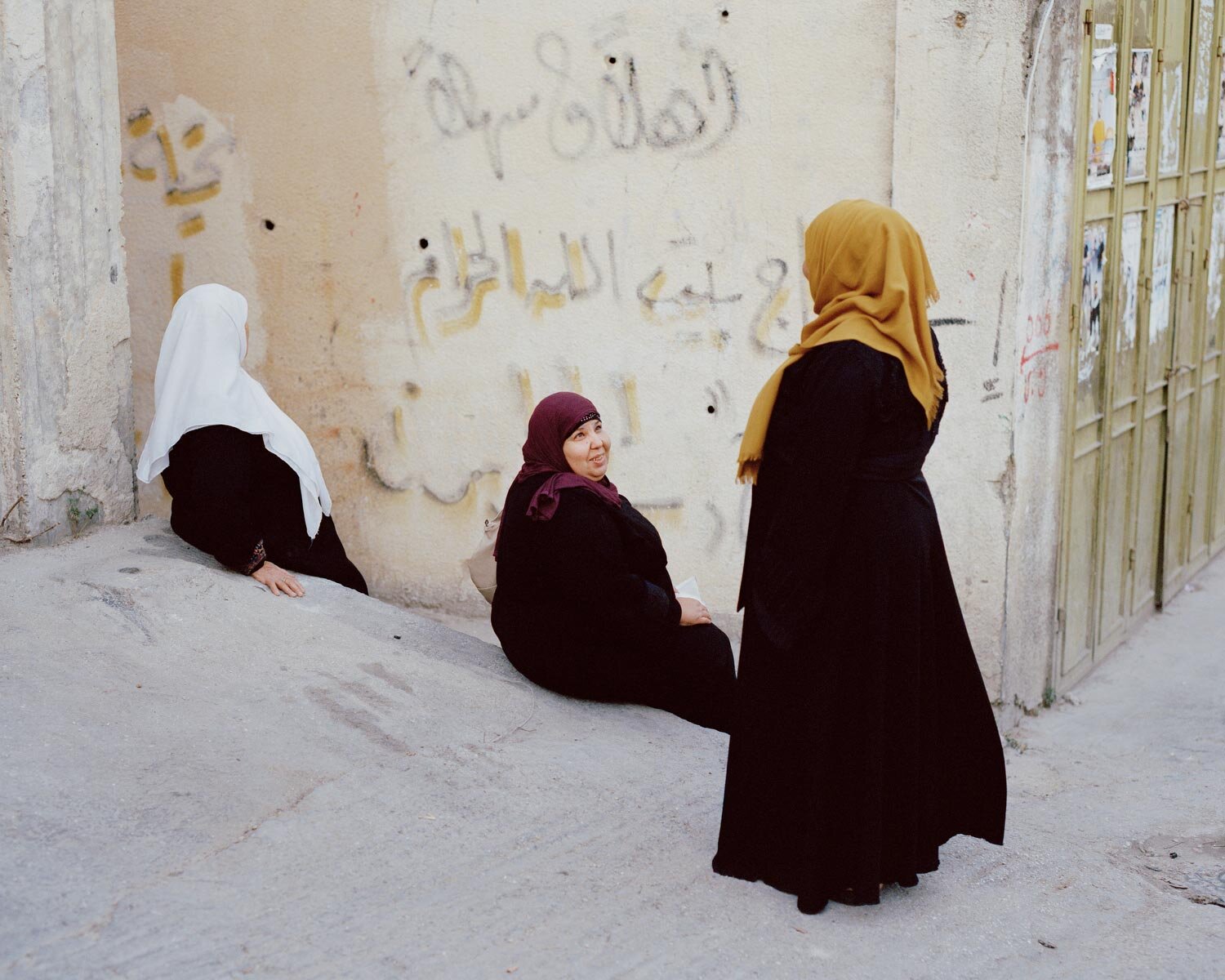Balata Boulevards
In 1948, large parts of the Western Bank were handed over to the newly established state of Israel and as a consequence it left hundreds of thousands of Palestinians on the run. This also resulted in the construction of several refugee camps in Gaza, Syria, Jordan, Libya and on the Western Bank – many of these camps still exist today and have turned into more permanent housing.
One of these camps, Balata, is located in the city of Nablus on the Western Bank.
Originally, the camp was supposed to provide shelter for no more than 5000 people. However, during the last 70 years, Balata’s population has skyrocketed. It now counts more than 30.000 inhabitants and this makes Balata the largest camp on the Western Bank by far. The camp was initially set up as a temporary shelter, but throughout the years, more permanent concrete buildings have been constructed. This has made the camp which measures just about 0.25 square kilometres even more cramped.
The camp is located in an area controlled by the Palestinians. However, the Israeli forces monitor the area night and day. Several times a week, and often at night, soldiers enter the camp and line up suspects for interrogation. Often, this leads to residents being arrested by the soldiers. It is also a well-known fact that the Israeli army uses these “nocturnal operations” as general military exercise for the soldiers. Obviously, these operations result in frequent confrontations between the residents and the soldiers. Teargas, flash grenades and flying stones are therefore a part of everyday life in Balata.
Hanan Salwalmi, 20
“My family has suffered tragic loss during the occupation. I am not quite sure what year it was but the Israelis had surrounded the camp. My mother was pregnant and she was just about to go into labour, yet, everyone who dared to leave the camp would be shot dead immediately. We tried to get her to the hospital but the soldiers would not let her out. She gave birth to my little sister on the streets of Balata. The tiny baby girl was in such a critical condition that she passed away three months later. This event has shaped our lives forever – especially my mom who has been frightened of Israeli soldiers ever since that day.”
60% of the camp’s inhabitants are under the age of 25. This puts an enormous pressure on the young people who regard their future as being very uncertain due to the lack of job possibilities in Nablus and surrounding areas. The unemployment rate is over 50% in the camp.
Mahmoud Kharoub, 19
“Of course we do have hopes and dreams – living without these things is impossible. But let me be honest, there is no future here in Balata. It is like a living hell. Sure, we can have days where we are relatively happy – but I will never find true happiness here. Fear is always an intrinsic part of everyday life in Balata. We are so restricted in this camp. Yes, we do study and work – but we will never progress, we will never move on from here. We live in an open prison supervised by the brutal forces of the occupation power. I have decided that I am never going to bring a child into such a world – I do not wish for anyone to live in the world that I live in.”
Ayham Hashash, 27.
“My memory, unfortunately, works extremely well – that is perhaps my curse. I clearly recall the second Intifada and how the Israeli forces subsequently invaded Nablus. The Balata camp is located on the outskirts of the city and therefore we were the first obstacle the soldiers had to overcome. They surrounded us and shut down the camp for more than 20 days. Many Palestinians lost their lives. This was the most horrible period in my life and I am still traumatised by the events. However, I do believe that we must carry on living, working, laughing, building and changing all the time. We cannot keep on feeling sorry for ourselves no matter how tough our living conditions may be.”
Published by Politiken



